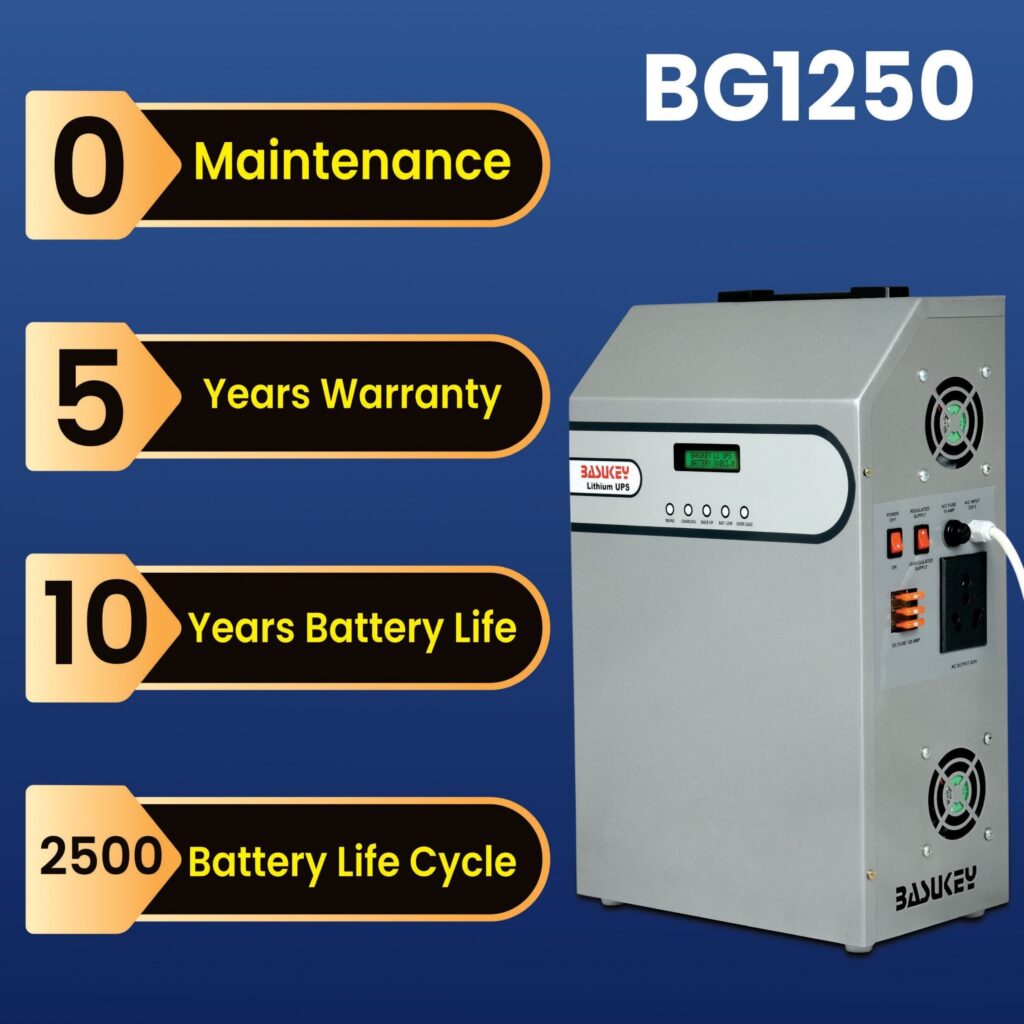Stay Connected: The Critical Role of UPS Batteries in Power Outages
Stay Connected: The Critical Role of UPS Batteries in Power Outages. Power disruptions are more than just an inconvenience—they can cripple operations, cause data loss, and bring essential services to a standstill. Whether it’s a sudden blackout, voltage fluctuation, or an extended grid failure, Uninterruptible Power Supply (UPS) batteries act as the invisible safeguard, ensuring seamless continuity in an unpredictable power landscape.
Beyond Backup: The UPS as a Power Resilience Engine
A UPS is no longer just a stopgap between power loss and generator activation. Modern UPS systems have evolved into power resilience engines, dynamically managing energy flow, optimizing battery life, and providing instant power stabilization. Businesses and critical infrastructure now rely on next-generation UPS batteries that do more than store energy—they intelligently respond to outages with real-time power modulation and adaptive load management.

Lithium Revolution: The New Benchmark in UPS Batteries
While traditional valve-regulated lead-acid (VRLA) batteries have been the industry standard for decades, they are rapidly being replaced by high-performance lithium-based energy cells. The advantages of lithium-ion UPS batteries include:
- High-Capacity Energy Retention – Sustained power delivery without performance degradation.
- Ultrafast Charge Recovery – Accelerated recharge cycles reduce downtime.
- Microgrid Synergy – Seamlessly integrates with renewable sources for sustainable backup solutions.
- Thermal Stability – Advanced cooling mechanisms prevent overheating and enhance longevity.
Smart UPS: AI-Powered Energy Intelligence
Cutting-edge UPS systems now incorporate AI-driven energy orchestration, enhancing their role beyond simple power backup. This includes:
- Self-Healing Battery Modules – Identifying and isolating faulty cells to prevent cascading failures.
- Dynamic Load Optimization – Adjusting power distribution based on real-time demand patterns.
- Predictive Diagnostics – Using machine learning to detect anomalies and forecast battery replacement needs.
Critical Sectors Relying on Advanced UPS Solutions
Telecommunications: Ensuring Up-time in a Hyper connected World
Cell towers, data centers, and network hubs depend on low-latency power transition, ensuring seamless connectivity even during grid failures.
Healthcare: Life-Sustaining Power Redundancy
From ventilators to operating rooms, hospitals require non-disruptive power delivery, where even milliseconds of downtime can be life-threatening.
Financial Institutions: Shielding Digital Transactions
Banking operations and payment gateways necessitate voltage-stable power backup to prevent transaction failures and data corruption.
Industrial Automation: Protecting Precision Equipment
Manufacturing units with robotic production lines depend on uninterrupted power to avoid costly halts and recalibration issues.
A Future of Resilient Power Ecosystems
As power grids face increasing volatility, the role of UPS batteries is shifting from passive backup to active energy guardianship. With advancements in lithium technology, AI-driven optimization, and microgrid integration, UPS solutions are becoming indispensable in securing an uninterrupted, intelligent, and sustainable energy future. Investing in next-generation UPS batteries isn’t just about preventing downtime—it’s about ensuring operational continuity, digital security, and sustainable energy resilience in an evolving power landscape.
